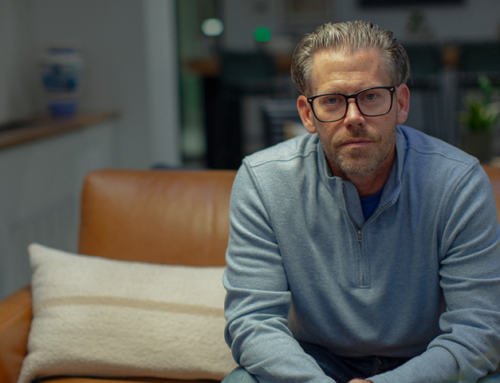By Jim Carroll, Executive Director, SBDC of Hampton Roads and VP Small Business, Hampton Roads Chamber

Jim Carroll
In 1999, Hurricane Floyd roared through Hampton Roads and struck the city of Franklin with particular fury. In its aftermath, the downtown area was flooded with as much as twelve feet of polluted water and diesel fuel. The devastation wrought on the merchants there was real and, initially, it seemed to be insurmountable.
Fast forward to 2020…In March of this year the COVID virus made its appearance in the United States and quickly began its reign of terror both on our population and economy as well. As of today it still seems as if there is no adequate solution or cure.
What are the key differences between these two tragically horrible events? In the case of Hurricane Floyd, the physical disaster was real, but relatively contained. People had a clear understanding of what took place but, more importantly, they had a clear vision of what had to be done and the solution was relatively linear in nature. News not only focused on the destruction but also, at the same time on the efforts to recover from the storm. While there was an immediate economic impact, it was geographically constrained and there were tools and procedures in place to ameliorate this impact. Customers and supply chains were relatively unaffected and support was quickly mobilized. Clearly, there was a light at the end of the tunnel.
On the other hand, the COVID Pandemic has had little in the way of physical damage; its effects were far more pernicious as it struck the psyche of every person in the county. There is no area of the country, geographic, demographic or industry which has emerged either untouched or unscathed in one way or another. Whereas in Franklin there was a clear purpose and certainty which united the survivors, the pandemic has sewn fear and uncertainty in its path.
In Virginia, there are over 745,000 small businesses which provide employment for over 47% of the population. From independent contractors, childcare providers, restauranteurs, small manufacturing businesses, people in the business and professional service industry, retailers and financial advisors they all work tirelessly to provide jobs for their employees, taxes to support local and state government and goods and services to give us the quality of life we enjoy here in the region. All of these have been impacted in one way or another by the pandemic. In some cases the impacts have been severe and resulted in the closure of the business. The stress under which small business owners have been working since March has been unbelievable.
What is the cost for this stress? A recent study completed by the Strome Center at ODU reports that stress associated with the pandemic cost our local economy over one billion dollars. It is estimated that over 60 million work hours have been lost because of this.
In addition to the financial costs, there are psychological costs as well and many of these will take years to adequately address, treat and overcome. There seems to be no end in sight. Whereas there was a light at the end of the tunnel in Franklin the only thing many small business owners see is more tunnel.
Small business owners need our support, now more than ever.






